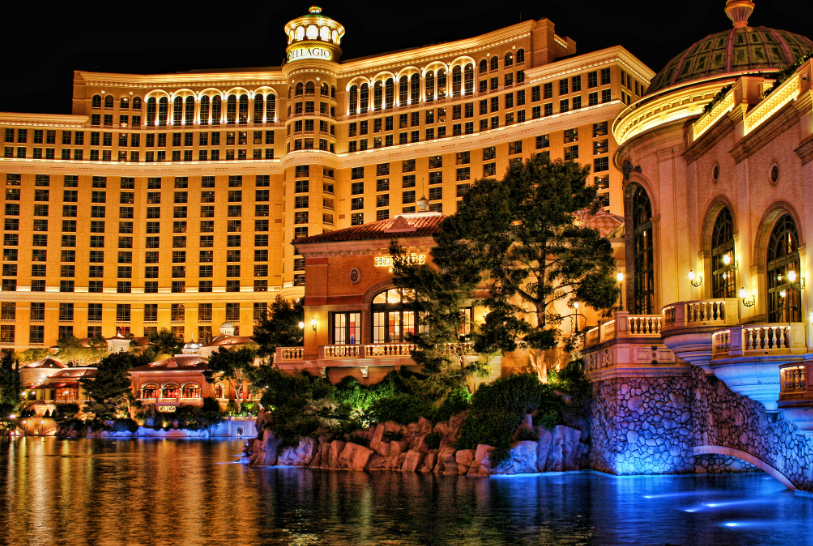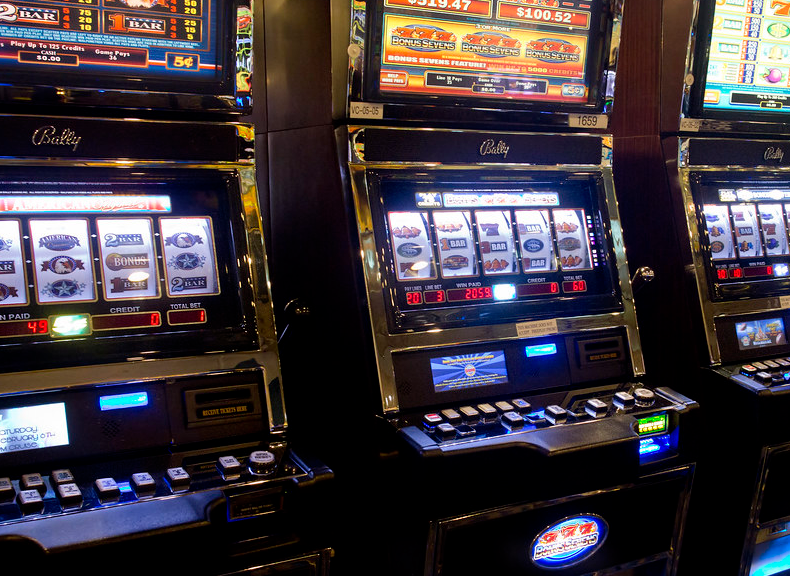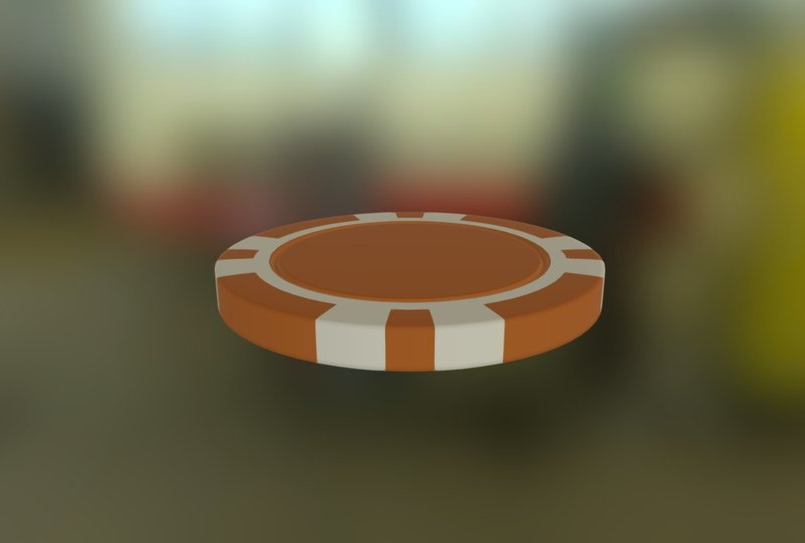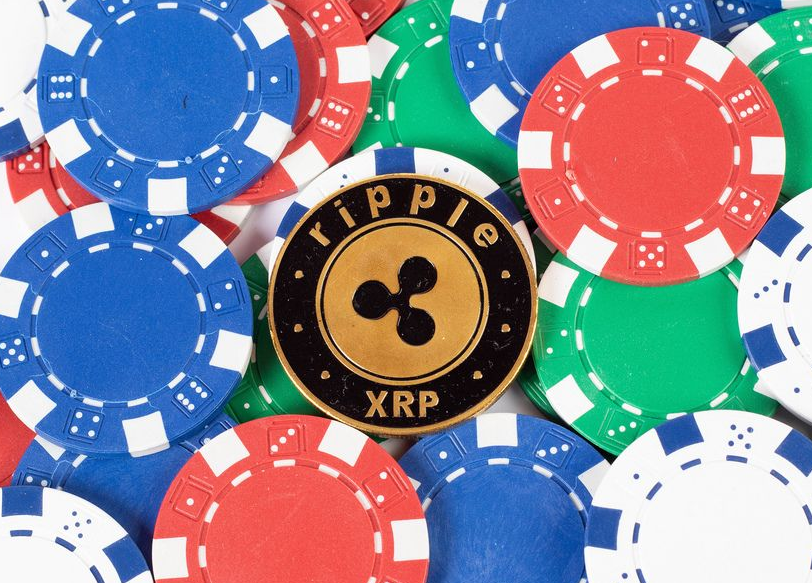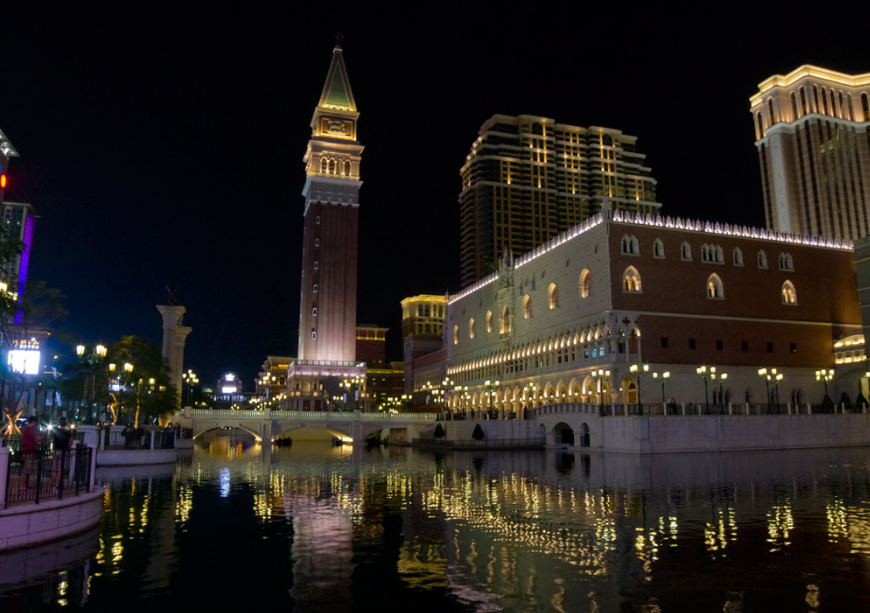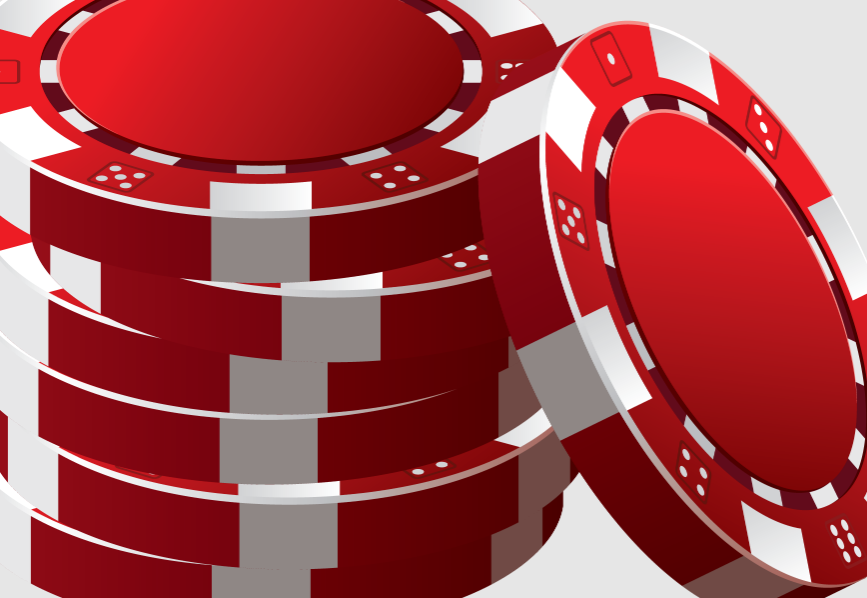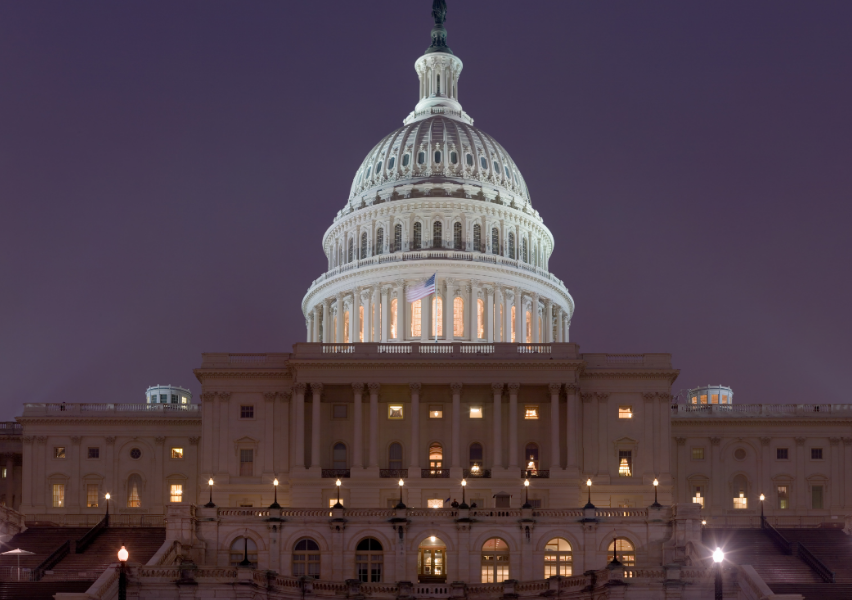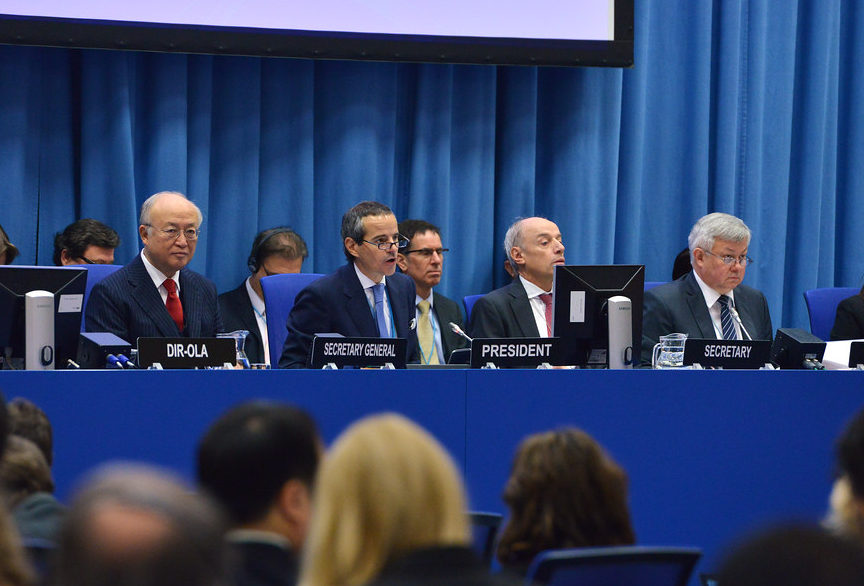New Jersey gamblers just made history for the third month in a row. In January, internet betting sites raked in more money than the famous slot machines and table games inside Atlantic City’s nine casinos combined, a clear sign that the future of gambling has already gone digital.
The state Division of Gaming Enforcement dropped the official numbers this week. Online casinos and sports books won $258.9 million from players in January. That huge haul jumped almost 17% compared to January last year.
In-person gamblers at the brick-and-mortar casinos left behind $213.4 million, only 1.6% more than the same month a year ago. For the first time ever, online winnings beat floor winnings three straight months.
Total gambling revenue across all channels hit $586.4 million, up 5.9% year-over-year.
How the Money Breaks Down
Here is the quick side-by-side look at January wins:
| Source | January 2025 | January 2024 | Change |
|---|---|---|---|
| Online casino & poker | $188.7M | $160.2M | +17.8% |
| Online sports betting | $70.2M | $62.1M | +13.0% |
| In-person casino win | $213.4M | $210.1M | +1.6% |
| Racetrack sports betting | $114.1M net revenue (mostly online partners) |
Borgata, Resorts Digital, and Golden Nugget Online Gaming led the internet pack again. The big three online operators now bring in more cash every month than any single physical casino.
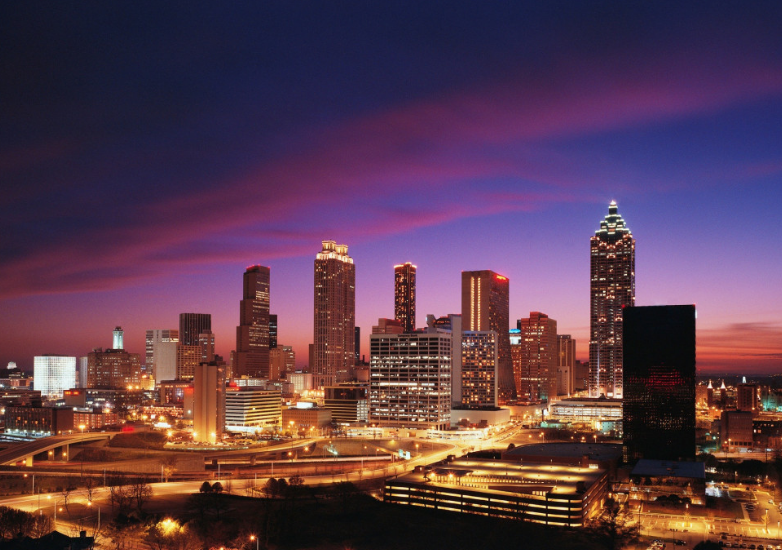
Why Online Keeps Exploding
Players love the comfort of betting from home. Smartphones make it easy to spin slots or place a quick sports bet during halftime. New Jersey also offers hundreds of games online that simply do not fit on a traditional casino floor.
Promotions play a huge role too. Internet sites give away free play and deposit bonuses that brick-and-mortar casinos rarely match. One regular player told reporters he got $800 in free credits last month alone.
The state loves the extra tax money. Online gambling carries the same 15% tax rate on casino games, and every extra dollar helps fund senior programs and disability services.
Atlantic City Still Packs the Weekends
Do not write off the boardwalk just yet. Physical casinos saw more people walk through the doors in January. Hotel rooms filled up fast on weekends, and restaurants stayed busy.
The nine casinos employed 24,827 people at the end of January, only slightly fewer than last year. Big events like concerts and boxing matches still draw crowds that online sites cannot replace.
Industry leaders say both worlds can grow together. Mark Giannantonio, president of Resorts Casino and the Casino Association of New Jersey, said the online boom actually brings new customers who later visit in person.
What Happens Next
Analysts expect online to keep leading the way. Super Bowl betting in February likely pushed the gap even wider. New games such as live dealer blackjack and fast-paced crash games keep younger players hooked.
Lawmakers watch closely. Some want to raise taxes on internet winnings to help Atlantic City, while others fear that would push players to illegal offshore sites.
One thing stays clear: New Jersey gamblers have voted with their wallets. They want the ease and choice that only phones and laptops deliver.
The shift to online gambling touches everyday lives across the state. More tax dollars flow to schools and roads because people play from their couches. Jobs inside the casinos stay safe for now, but the industry keeps changing faster than anyone predicted five years ago.
